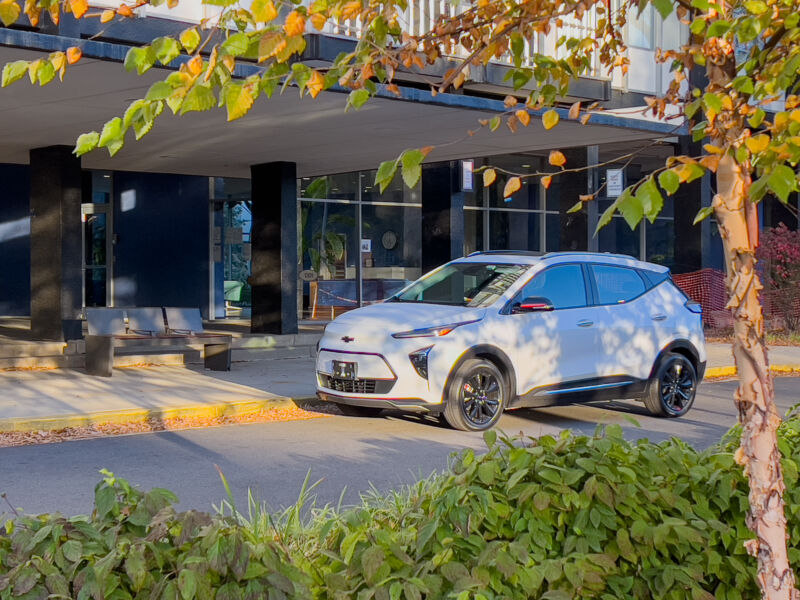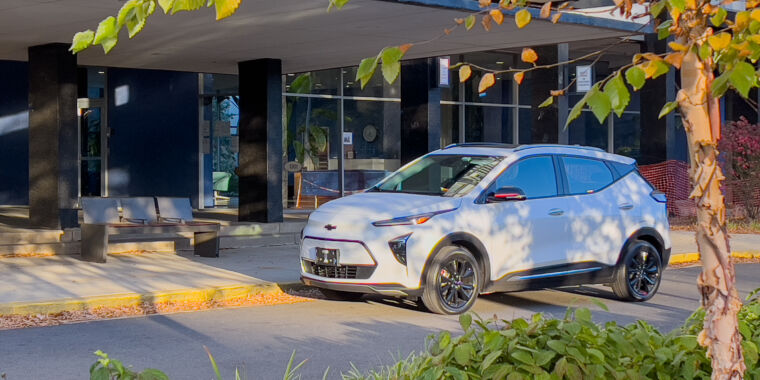
Jonathan Gitlin
You may have noticed that our car coverage is rather heavily focused on electrified vehicles. In part, that’s an acknowledgment of the fact that carbon dioxide levels in the atmosphere are now much higher than at any time since humans walked the planet. But as I drive more and more EVs, it’s also clear that they’re really just better in almost every metric one could choose, except when it comes to energy density and how long it takes to charge. But this stance puts me in a minority of Americans, according to a new survey of Americans, Canadians and Australians.
The survey, conducted by Consider the Market, an Australian insurance comparison site, found that only 33.8 percent of Americans say they prefer an electric car to a traditional vehicle. In contrast, more than half (52.9 percent) say they want to stick with petrol or diesel, a number that rises to 70 percent in the 55-64 age group. Meanwhile, 43 percent of 18 to 24 year olds would prefer an electric car.
That’s a shame, because very few people in that age range can afford them. In fact, purchase price ranked second in barrier to EV adoption, at 54.5 percent. (The biggest barrier to adoption was battery life and replacement cost, at 56.4 percent of respondents, which, as we explained earlier, is more of a perception than a reality issue.)
When the data is broken down by price ranges, the problem becomes clear. Just under a third (32.5 percent) say they would be willing to spend $24,999 or less on a new electric car, completely ruling them out of the market as the Chevrolet Bolt is the cheapest electric car money can buy and still costs $25,600. Another 20.9 percent won’t go above $34,999, which reigns in the Bolt EUV ($27,200), Nissan Leaf ($28,895), Mazda MX-30 ($34,695), Hyundai Kona Electric ($34,845), and if we cut it down a bit, the Mini Cooper SE ($35,075).
In fact, only 15.8 percent of respondents say they would spend more than $65,000 on a new electric car. They’re in luck: Most of the new EVs Ars has driven recently are north of this price point, and they’ve all been pretty good vehicles.
Australia and Canada seem much friendlier to the electric car, at least perceptually: 50.8 percent of Australians and 51.4 percent of Canadians say they prefer an electric car to a vehicle with an internal combustion engine. But the barriers to adoption remain quite similar; purchase price was the most common barrier in Australia (66.6 percent) and Canada (60.5 percent).
I’m not sure there’s much cause for optimism here either. GM will add an electric Equinox to its lineup next year for “about $30,000,” but I’m struggling to think of another low-cost EV anytime soon. At the same time, traditionally powered vehicles are not immune either – this year the average price of a new car in the US was a shocking $48,080, which in turn drove up the price of used cars.

